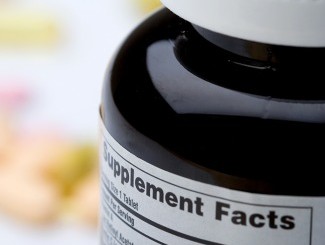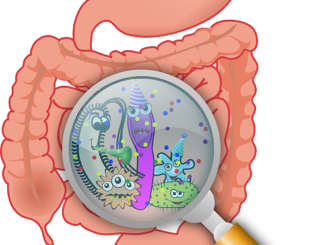Glutamine (also commonly referred to as l-glutamine, which is the biologically active form) is one of the 20 amino acids that are in all of our genetic code. Sometimes it is abbreviated as Gln or Q, so be sure to keep that in mind when doing your research.
While Glutamine is not recognized as an essential amino acid, it can become essential if you are thinking about intensive athletic training, or if you have gastrointestinal disorders.
In the blood stream, glutamine has a concentration of about 500-900/1 with other amino acids. It is the most abundantly produced amino acid in the body.
Glutamine and Biochemical Roles in the Body
* Protein synthesis
* Cellular energy – used as a source, much like glucose
* Produces ammonium to regulate the acid base balance in the kidneys
* Produces nitrogen for several anabolic processes
* L-Glutamine is a nontoxic transporter of ammonia within the circulation of blood
Which organs use Glutamine?
Glutamine benefits the cells of the intestines, kidney cells (used to balance acid and activate immune cells) and many types of cancer cells. It should be noted that different glutamine analogues are being tested as anti-cancer drugs.
Glutamine benefits have been studied for almost two decades now. It has been shown to help treat serious illnesses, injury, trauma, burns and the treatment-related side-effects of cancer. It has also been used to aid in the healing of postoperative patients.
Glutamine Benefits for Athletes
Glutamine supplements are used for muscle growth in weightlifting. This is also true for body building, endurance, and several other sports training regimes. Studies have shown that L-Glutamine supplementation can increase plasma HGH levels. (glutamine appears to stimulate the anterior pituitary gland to some degree)
Other Glutamine Benefits
Glutamine supplementation may reduce hospital stay times following abdominal surgery. Nutrition that contains high levels of glutamine is given to patients during their recovery time. The nitrogen balances are improved, as well as lymphocyte recovery and intestinal permeability.
In clinical studies, those given glutamine supplements as nutrition, healed quicker than those patients who did not receive the supplements.
Are there natural dietary sources of Glutamine?
You can find L-Glutamine in beef, chicken, fish, eggs, milk, dairy products, wheat, cabbage, beets, beans, spinach, and parsley. A small amount of glutamine can also be found in vegetable juices and foods such as tofu.
If you have questions or concerns about the glutamine benefits, we recommend that you consult with a naturopathic doctor, nutritionist or other alternative healthcare provider. They will be the most knowledgeable about how glutamine supplementation might (or might not) benefit your health, and how it might be used to treat certain conditions. Read more articles on glutamine benefits.


